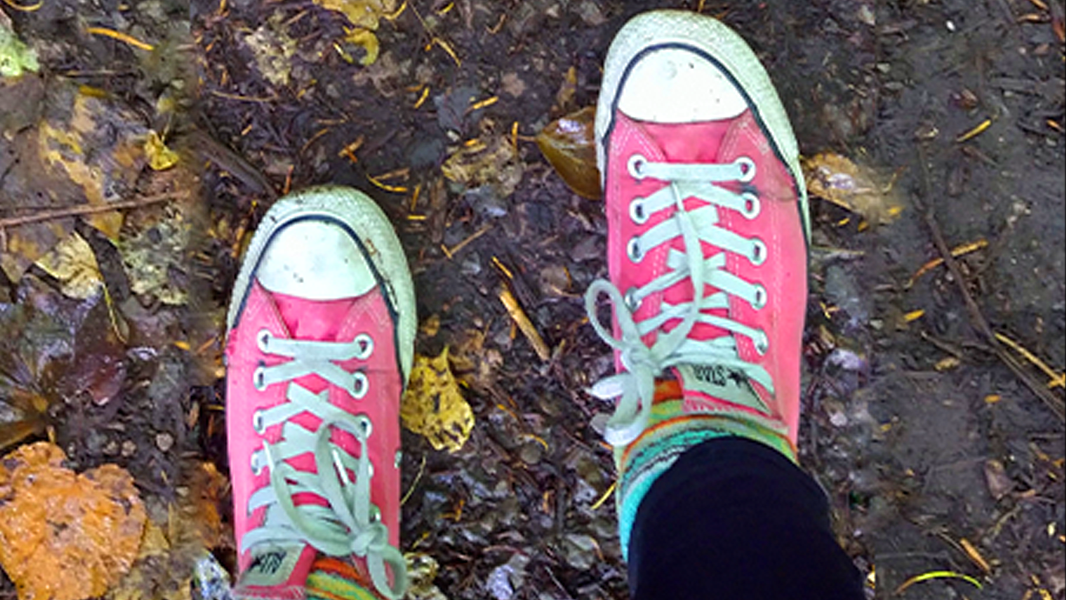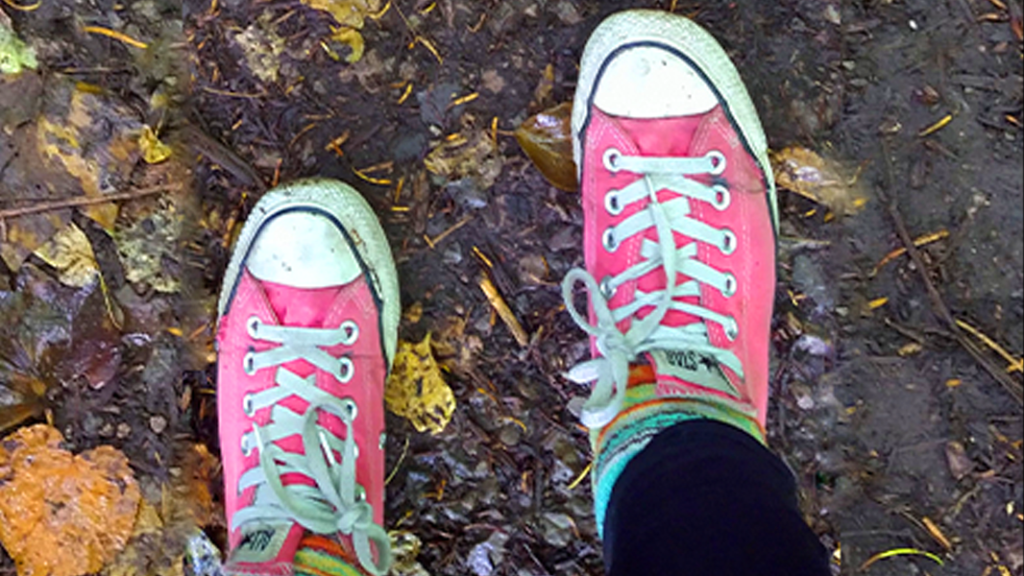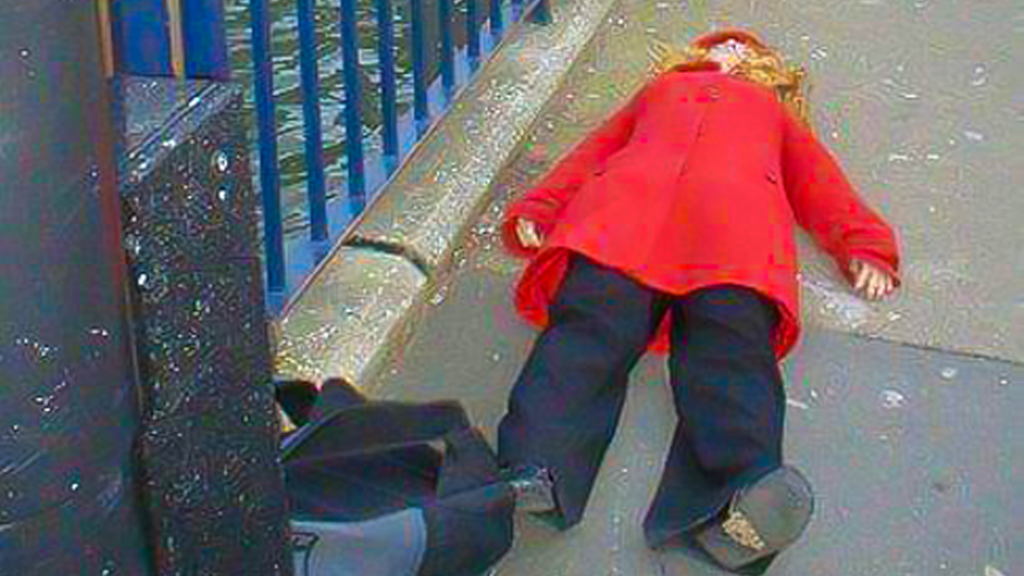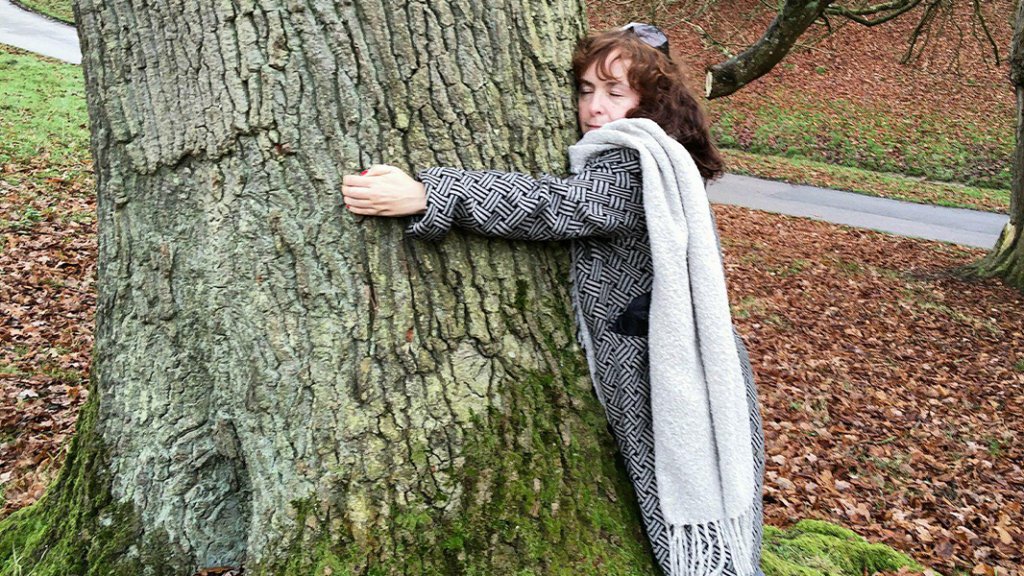

Little steps to understanding and managing burnout
My own experience of burnout
When I hit 40 I slowly began to burn out, it slowly crept on me without realising at first, I was often exhausted, very low mood, disregulated a lot of the time not able to manage my emotions. I started to get very overwhelmed with my workload and instead of saying no to more work I kept saying yes, the more exhausted I became the more I took on, I was permanently in a Fear state of ‘Flight’ and began to drop all my plates until everything crashed down around me.
After many years of over working, over caring, over giving, not understanding my unprocessed trauma around my childhood. The impact of my dad’s Alcoholism, domestic violence and my mum’s mental health left me with a lot of unhealed trauma and unhealthy coping mechanisms. I began to unravel and didn’t have any health coping strategies to manage what was happening to me, I hit a very big wall and burnt out. At the time I had no idea what ‘Burn Out’ was I just knew that I wasn’t well and I couldn’t go back to my old life and old ways of coping.
Exploring therapeutic practices
I felt so alone when I first experienced burnout and sadly lost friends, connections, community and work. Over the past 9 years I have begun to very slowly and gently rebuild my foundations, understand why I burnt out, exploring and learning about wellbeing and therapeutic practices that work for me, I began to prioritise my wellbeing and created a wellbeing tool kit that works for me.
I am currently training to be an Integrative Counsellor and I hope to specialise in burnout, working with people who are Carers in their family or have a member of their family struggling with alcohol, people who work in the charity, education and caring sector and people who identify as having a disability or an invisible disability.
What is burnout?
Burnout is a state of physical, emotional, and mental exhaustion caused by chronic stress. It can occur when we feel overwhelmed, overworked, and have little control over our lives. Burnout can have a significant impact on our overall well-being, including our physical health, emotional health, and relationships.
It can occur in both work and family life and can have a negative impact on your overall well-being. In work, burnout can be caused by excessive workloads, lack of control over work, and little social support. In families, burnout can be caused by trying to do too much, lack of support, and feeling overwhelmed with the demands of caregiving.
Symptoms of burnout can include feeling exhausted all the time, lacking motivation, feeling irritable, and experiencing physical symptoms such as headaches or stomach aches. Burnout can also affect our ability to concentrate, make decisions, and perform tasks effectively.
The impact of burnout can be far-reaching, affecting our relationships with loved ones, our job performance, and even our sense of self-worth. Burnout can also lead to other mental health concerns, such as anxiety and depression.
Remember taking care of yourself is not selfish, but rather an essential component of maintaining a healthy and balanced life. By being proactive in preventing and managing burnout, we can improve our overall well-being.

Little steps to support you in managing burnout
-Learn to recognise the signs of burnout, such as fatigue, irritability, and decreased motivation
-Set aside time for activities that promote self-care, such as exercise, reading, or taking a bath.
-Setting boundaries between your work and personal life to avoid overworking and allow yourself time to recharge.
-Take time to be present in the moment and engage in activities that bring you joy.
-Identify healthy ways to cope with stress, such as deep breathing exercises or journaling.
-Reach out to friends, family, Counsellor or a support group to discuss your stressors and receive emotional support.
Muscle relaxation exercise
Muscle Relaxation Exercises can be helpful in reducing physical tension and promoting relaxation, which can be especially helpful when experiencing burnout. Here is a simple muscle relaxation exercise:
- Find a comfortable and quiet place to sit or lie down.
- Take a few deep breaths and focus on your breath, allowing yourself to become more relaxed with each exhale.
- Starting with your toes, tense and hold the muscles for a few seconds, then release the tension and allow the muscles to relax completely.
- Move up to your calves, tensing and holding for a few seconds, then release the tension and allow the muscles to relax completely.
- Continue to move up your body, tensing and holding each muscle group (thighs, abdomen, chest, arms, shoulders, neck, and face) for a few seconds, then releasing the tension and allowing the muscles to relax completely
- Focus on the sensation of relaxation in each muscle group as you release the tension.
- Once you have tensed and relaxed each muscle group, take a few deep breaths and focus on the sensation of relaxation throughout your body.
This exercise can be done as often as needed and can be especially helpful during times of stress or burnout. Remember to be patient with yourself and allow yourself to fully relax during this exercise.

CBT exercises that can be of help.
-Identify Negative Thoughts: When we are burnt out, we may have negative thoughts that contribute to our feelings of exhaustion and overwhelm. Identifying these negative thoughts can help us challenge them and change our thinking patterns. Write down negative thoughts that come to mind and challenge them by asking yourself if they are realistic, true, or helpful.
-Practice Positive Self-Talk: Positive self-talk can help us counter negative thoughts and improve our mood. Replace negative self-talk with positive affirmations and statements such as “I am capable,” “I am doing my best,” and “I am deserving of rest.”
-Focusing on gratitude can help shift our perspective and improve our mood. Keep a journal and write down three things you are grateful for each day, no matter how small they may seem.
-Practice Relaxation Techniques: Relaxation techniques such as deep breathing, meditation, and progressive muscle relaxation can help reduce stress and promote relaxation.
-Identify and challenge negative beliefs that contribute to burnout, such as the belief that you must be perfect or that you must always put others’ needs before your own.
Managing Burnout is an ongoing process that requires effort and self-care, the exercises and tips can be helpful in managing symptoms of burnout but it’s important to seek professional help if your struggling with burnout and finding it difficult to manage on your own. If you feel you may need extra support, it may be helpful to reach out to a Counsellor or Therapist to talk to, you can access online and in the real world sessions to support you.
By Jules Allan
For more support and advice from Nacoa, click here.
























































































